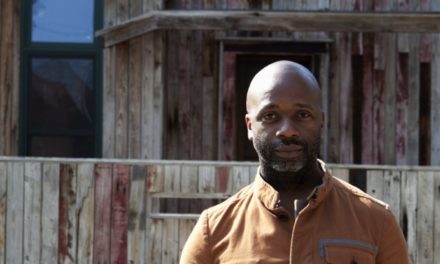From Governing:
For professional staff on the frontlines of transforming bureaucratic governments into results-oriented enterprises, elected leaders run the gamut from heroes to “barriers-in-chief.” I recently asked several colleagues, from all corners of the country, “What do we need from our elected officials?” Their thoughts and some of mine follow in the form of a memo.
To our elected leaders:
You have tough jobs. So do we. There’s a lot we’d like to tell you, but let’s start with four observations.
“We’re in this together.”
We need each other, so we need to be on the same page. Too often we feel whipsawed by contradictory directives. Don’t just get in your corners and try to out-do each other. We can better deliver for you when you act in concert.
We thrive when great elected leaders stick around. This work requires long-term culture change, and sustained leadership makes a big difference. When there are transitions, please don’t just throw your predecessor’s initiatives–or appointees–overboard because they are not yours. Build on the good ones. Pitch the bad ones. We can help you identify which are which.
To work as a team, we need to value each other. So it’s important that …
“You do your job; we’ll do ours.”
Please begin by taking the time to understand what we do. Campaigns, the 24-hour news cycle and social media create a lot of misinformation. Please don’t trash our work without understanding it. We know we need change, but it needs to be change that makes things better.
Understand your role. Tell us what results you want us to accomplish, give us parameters, and then don’t micromanage. (It’s particularly troublesome when you try to manage by statute.)
We do need to clear away barriers to performance. Only you can remove the structural barriers; we need to remove the cultural barriers.
Be strategic. Everything can’t be a priority. Across-the-board budget cuts are not strategic. You need to make choices. We can help you frame better choices.
Think of yourselves as public-sector CEOs and boards of directors. Many of you talk about running government more like a business, but then don’t do it. For example, support your public employees. We’ve taken a lot of hits lately. And hundreds of millions of dollars of campaign ads each election cycle tell us how awful we are. When you were running your private-sector business, you probably didn’t think it was a winning strategy to dump on your employees.
Our best people leave or tune out when they feel ignored or abused. We want to stop having to apologize for doing our jobs. We also know that we need to be more aggressive in helping our poorest performers either improve or move on.
You set the tone, you lead the culture. You can pander, or you can inspire us.
“Don’t run from results.”
We all agree that governments should be focused on results. Performance measures, results websites and “stat” programs abound. But way too many of us–you and us–fear the data. It can and will be used against you; we get that. But either we’re committed to results or we aren’t. We both need to own the data, make it transparent and, most important, use it.
Lead regular conversations about results. What is working? What is not? Make decisions with us, and then support our best efforts to improve results with the dollars we have. Challenge us to come up with better, innovative ways to achieve results. We can give you the evidence and data to support good decisions. Better results make you look good, validate our work and build trust in both directions. Until we show we are getting the best results we can for the dollars we have now, why should anyone give us more money?
These conversations work best when they focus on learning and improvement. A tongue-lashing at a hearing is not the kind of conversation that gets better results.
Our effectiveness suffers when, for example, your initial enthusiasm for “stat” sessions gives way to enthusiasm for other initiatives. Don’t start something like that if you’re not going to make it consequential throughout your term. How you spend your time–along with how you spend the money–tells us what’s most important.
One excellent use of time is for you to get to know each other, and us. As Cynthia Eisenhauer, a wise former chief of staff for whom I used to work, says frequently …
“If you build the relationships, the work will get done.”
More and more, our success depends on webs of relationships not only between you and us, but also across the landscape of governments, nonprofits and business.
Building relationships means getting to know each other, and that doesn’t happen in the fishbowl of public meetings. When elected officials get to know each other–really understand each other even though you disagree–you will be much more likely to find common-ground solutions. Those you serve expect you to do that.
Thanks for listening. Now maybe one of you will write a memo to us. We know things look different from your perspective




